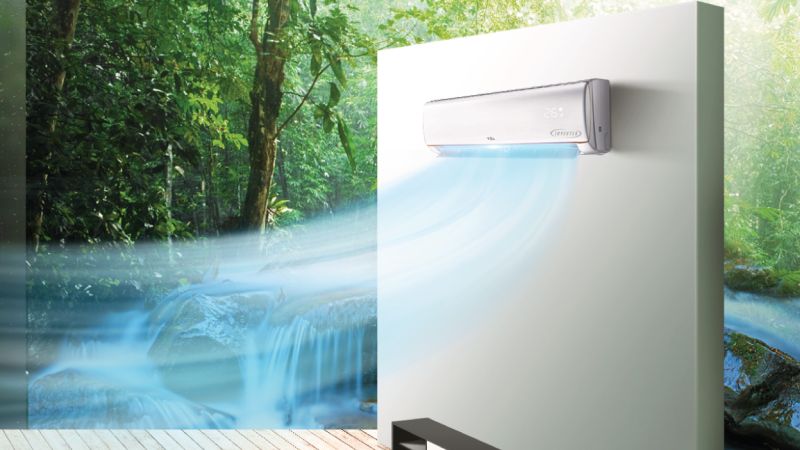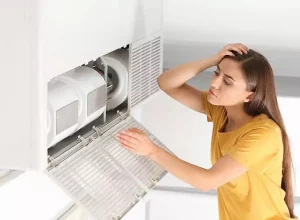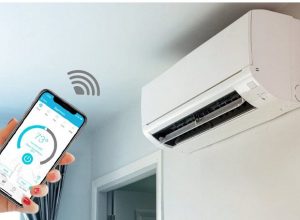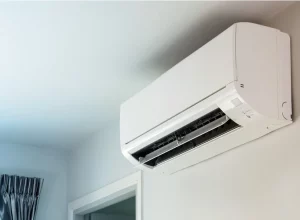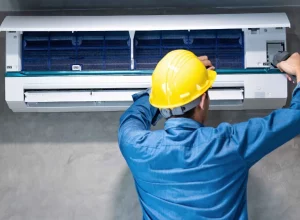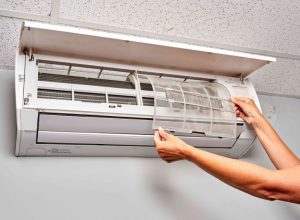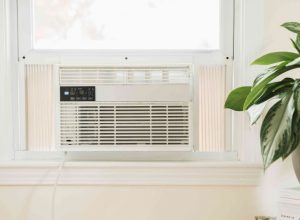Contents
The Pros and Cons of Inverter Air Conditioning Systems
Inverter air conditioning systems have gained popularity in recent years, primarily due to their energy efficiency and advanced cooling capabilities. To fully understand the implications of implementing an inverter air conditioning system, it’s essential to analyze the advantages and disadvantages associated with this technology.
Understanding Inverter Technology
Traditional air conditioners operate on a fixed speed compressor that turns on and off to maintain desired indoor temperatures. In contrast, inverter air conditioning systems utilize a variable speed compressor that adjusts its speed based on the cooling demand. This technology enables more precise temperature control and efficiency during operation. The inverter system continuously monitors the indoor temperature and alters compressor speed, allowing for smaller fluctuations that create a more consistent and comfortable environment.
One of the primary advantages of inverter technology is energy efficiency. Unlike traditional air conditioners that consume significantly more electricity when starting up due to the compressor’s abrupt shift from zero to full capacity, inverter systems gradually increase their compressor speed. This smooth operation leads to lower energy consumption over time, which can reduce electricity bills by up to 30% compared to fixed-speed units. Moreover, inverter air conditioners operate more quietly, as the compressor does not frequently switch on and off, thereby reducing operational noise levels.
However, the implementation of inverter systems does come with disadvantages. The initial cost of inverter air conditioning units is typically higher than that of traditional models due to the advanced technology and components involved. Additionally, if the unit needs repairs, the complexity of the inverter system may result in higher maintenance costs or difficulties in finding compatible parts. It’s important for consumers to weigh these factors carefully against the long-term savings provided by energy efficiency.
| Feature | Inverter Air Conditioning System | Traditional Air Conditioning System |
|---|---|---|
| Compressor Type | Variable speed compressor | Fixed speed compressor |
| Energy Efficiency | Higher (up to 30% savings) | Lower efficiency |
| Noise Level | Quieter operation | Louder due to on/off cycling |
| Initial Cost | Higher | Lower |
| Maintenance Complexity | Higher complexity | Lower complexity |
Advantages of Inverter Air Conditioning Systems
Energy Efficiency
Inverter systems are significantly more energy-efficient than their non-inverter counterparts. By modulating the compressor’s speed, inverter units consume less electricity when less cooling is required. This efficiency translates into lower energy bills.
Quieter Operation
Because the compressor in an inverter system adjusts its speed according to the cooling needs, it operates at lower noise levels, especially when maintaining a steady temperature. This is particularly beneficial in residential environments where noise can be a concern.
Improved Comfort Levels
Inverter air conditioners provide a more consistent indoor temperature as they avoid the sudden fluctuations associated with conventional systems. This results in increased comfort for occupants, as well as better humidity control.
Longer Lifespan
Due to the reduced strain on the compressor from not constantly turning on and off, inverter air conditioning systems tend to have a longer lifespan compared to traditional units. This longevity can lead to reduced replacement costs over time.
Disadvantages of Inverter Air Conditioning Systems
Higher Initial Cost
One of the primary drawbacks of inverter air conditioning systems is their higher initial purchase and installation costs compared to non-inverter systems. The advanced technology and components involved can lead to a more significant upfront investment.
Complex Repairs
Inverter systems are more complex than standard air conditioning units, which can make repairs and servicing more challenging. If issues arise, specialized technicians are often required, potentially leading to higher maintenance costs and longer downtime.
Potential for Inefficiency in Extreme Conditions
While inverter systems perform well under moderate conditions, they may struggle in extreme temperatures. In very high or very low temperatures, the efficiency of air conditioning systems can drop, possibly leading to higher energy consumption than anticipated.
Comparison Table
| Feature | Inverter Air Conditioning Systems | Traditional Air Conditioning Systems |
|---|---|---|
| Energy Efficiency | High, variable speed compressor for lower energy use | Lower, fixed speed compressor |
| Noisy Operation | Quieter due to less frequent on/off cycling | Louder due to constant cycling |
| Temperature Control | More consistent temperature and humidity control | Fluctuating temperature control |
| Initial Cost | Higher upfront cost | Lower upfront cost |
| Maintenance Complexity | More complex, may require specialized service | Less complex, easier to service |
Conclusion
Inverter air conditioning systems offer various pros and cons that must be weighed carefully. The benefits of energy efficiency, quieter operation, improved comfort levels, and longer lifespan often outweigh the disadvantages of higher initial costs and more complex repairs. Ultimately, the decision to install an inverter air conditioning system will depend on individual preferences, environmental conditions, and budget considerations.
